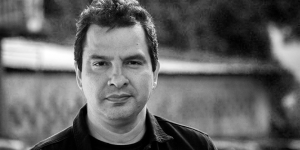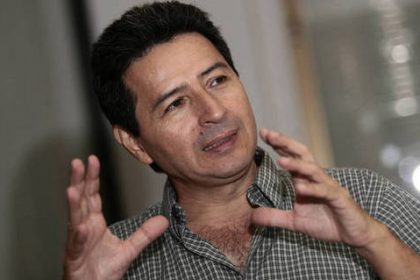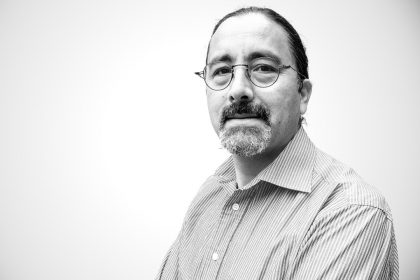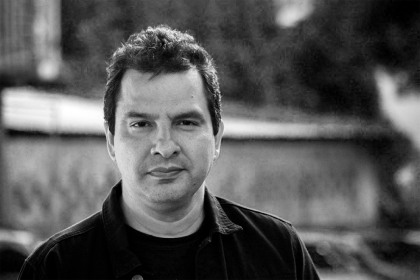ABOUT THE AUTHOR:

Rafael Uzcátegui
Sociologist and freelance editor. He is currently the General Coordinator of Provea.
Rafael Uzcátegui │ When I am asked why I persist as a human rights defender in a country without institutions to demand them, I think of people like José Gregorio and Elvira Pernalete. This couple, who I might not have met working in a different field, embodies all the good in us and all I want for Venezuela.
The married couple became known nationwide after the murder of his son, university student Juan Pablo Pernalete, on April 26, 2017. He was the 28th victim of the madurista repression amid the popular rebellion of that year. The Pernaletes symbolize the Venezuela of principles that call for justice for Juan Pablo, overcoming pain, fear, and the infamous campaign of the dictatorship and its spokesmen to impose the version that his murder occurred by a bolt gun operated by the protesters themselves.
Their plight echoed in the then Prosecutor General of the Republic, Luisa Ortega Díaz when she revealed to the country that the true cause of death had been the impact of a tear pump on his chest.
Their lonely battle against a crooked justice system where impunity reigns, reveals a persevering Venezuela that has allowed them to meet other relatives of victims of that fateful year under the same pain. They became the engine of the Alianza de Familiares Víctimas de 2017 (2017 Families and Victims Alliance, Alfavic), a community of light amid our darkness that sets in motion an associative and solidary Venezuela so that no other mother or father in the country shed tears for the abuse of power.
By adopting a little girl named María Gabriela, Elvira and José Gregorio embodied the generous and inclusive Venezuela, which transforms the destiny of a vulnerable person with affection while making her part of a family. The Pernaletes were a model home until that fateful 2017. In early 2020, Gaby died of cancer at the age of 19.
Parents having to bury their children is unnatural, and few bear a blow of this magnitude, in such a short time, twice. During the funeral of María Gabriela and amid tears, the Pernaletes told us “We will rise again, we promise you!”. It was moving to feel the embrace of a Venezuela that does not give up.
I am a Human Rights defender for a selfish reason: To have the honor of meeting and walking alongside anonymous heroes with no capes or superpowers, like Elvira and José Gregorio, who personify all the values I want for myself and my loved ones. I can contribute a couple of things, which I have read in books or assimilated in workshops on Human Rights, but they are the ones I learn from every day on the bright side of men and women.
The Venezuela of tomorrow, we are sure, will be rebuilt by people like them. And it will be better than ever.
ABOUT THE AUTHOR:

Rafael Uzcátegui
Sociologist and freelance editor. He is currently the General Coordinator of Provea.



